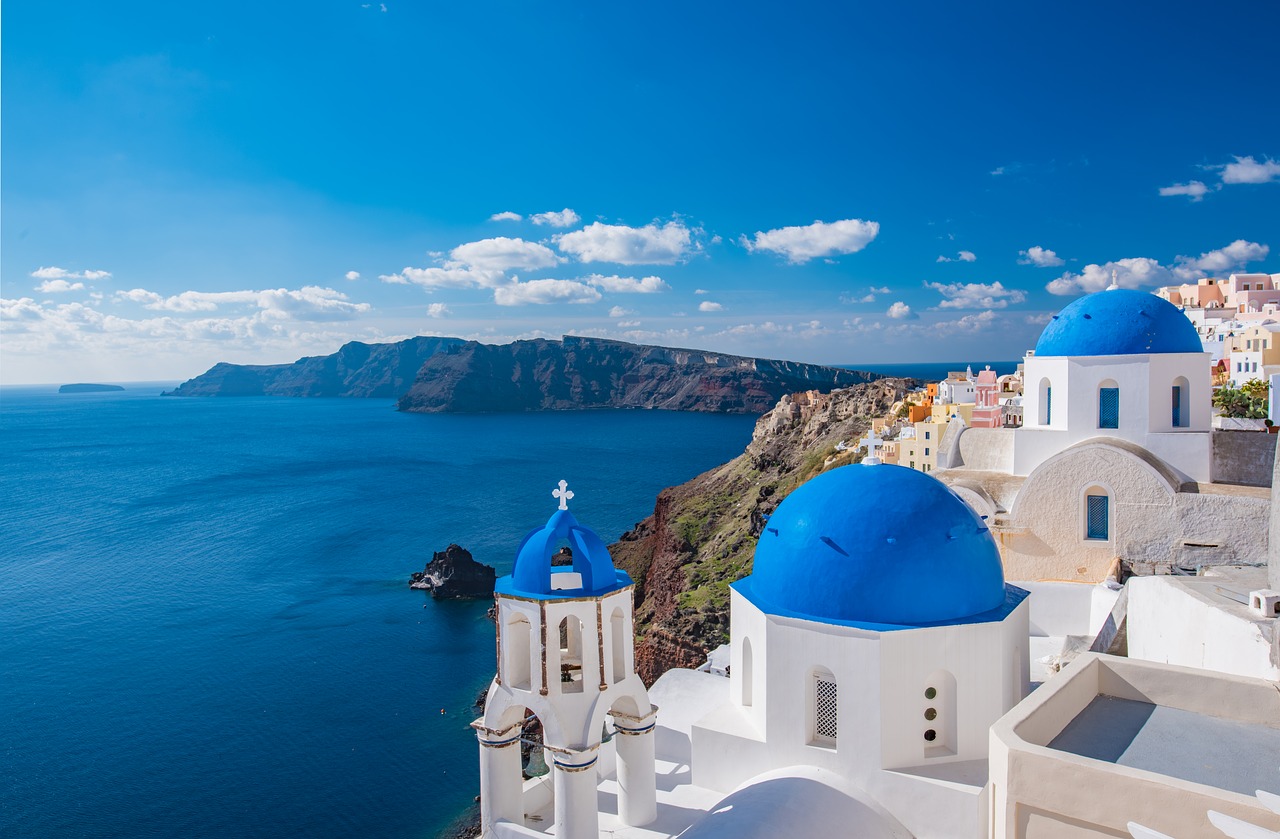Blue Zones

Ikaria in Greece is sometimes described as the place where people forget to die. Like the other blue zones, the island has more centenarians than anywhere else in the world. According to explorer Dan Buettner, who first set out on a quest in 2000 to identify places where people lived longer, there are five such blue zones. These include Okinawa in Japan, Sardinia in Italy, Nicoya in Costa Rica, and the Seventh-day Adventist community in Loma Linda, California.
People in blue zones traditionally eat whole foods. That means they don’t throw away the yolk to make egg white omelettes or juice the fiber-rich pulp out of their fruit. Few things come out of a packet. The diet is largely plant-based with seasonal vegetables, whole grains, and beans. Blue zoners use olive oil more than any other, which studies show increases good cholesterol and lowers bad cholesterol.
They also don’t eat a lot of protein-rich eggs, meat, and dairy. There’s a connection between high-protein diets and an increase in insulin-like growth factor 1 (IGF-1). We know that people who suffer from Laron syndrome, a rare form of dwarfism, have low levels of IGF-1 and do not suffer from cancer and diabetes. They also age slower. Laron dwarf mice on calorie-restricted diets live twice as long as your average mice and more important – they remain healthy in their old age. It’s the best reason I’ve heard to go easy on the steak.
What’s interesting is that blue zoners get plenty of caffeine. While Okinawans stick with the green tea, Sardinians, Ikarians, and Nicoyans all enjoy copious amounts of coffee. So does my grandmother who’s 98, in perfect health, and with no signs of dementia. They also move around in a natural way – not pumping away at the gym, but planting gardens and going for walks. Again, this reminds me of my grandmother, who up until recently walked for at least five kilometers a day.
There’s the Okinawan expression “hara hachi bu,” which means that you should only eat until you’re eighty percent full. They also follow “ikagi” – Japanese for that which makes life worth living. A sense of purpose might be a better way to go through life than just blindly striving for happiness. At least if your goal is a long and healthy life, like the centenarians of the blue zones.